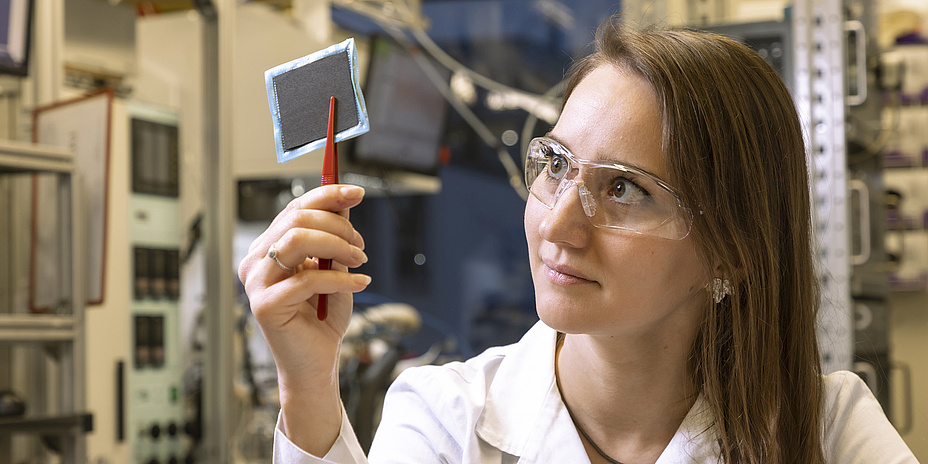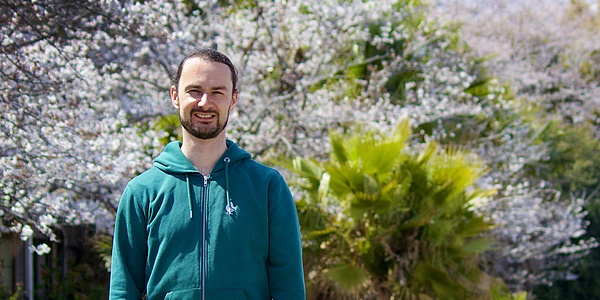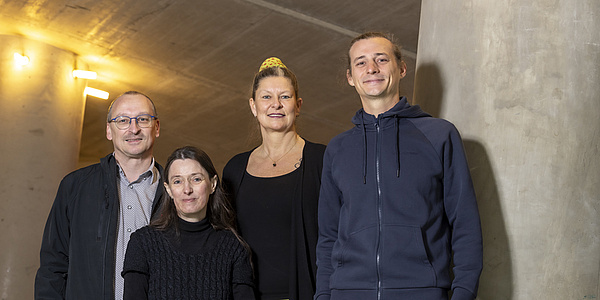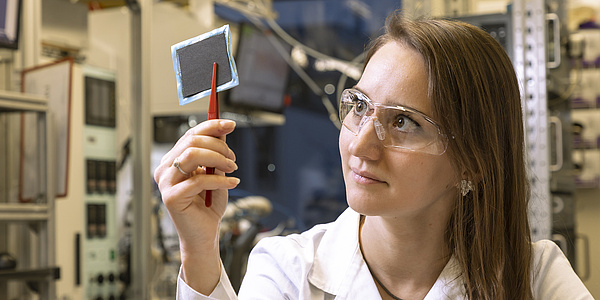Merit Bodner: Sustainable Hydrogen Systems with a Future

Fuel cells and electrolysers are two of the most important technologies when it comes to renewable energy systems. Electrolysers are used to produce hydrogen from water using electricity (ideally from renewable sources), which can then be converted back into electricity using fuel cells if required. In this way, H2 serves as a sustainable energy store.
Merit Bodner explains that the main obstacles to the widespread use of these technologies are the ageing of the systems and the difficulty in estimating their lifespan, the limited availability of sustainably produced electricity, and the difficulty in finding substitutes for the substances that have to be used in hydrogen systems, some of which are questionable. She is an assistant professor at the Institute of Chemical Engineering and Environmental Technology and holds a tenure track position in the Field of Expertise Mobility & Production.
Focus on green hydrogen systems
She deals with all these topics in her everyday research. At the Science Day of TU Graz, she will focus in particular on substances of concern which are very difficult to replace like for like. “A lot is happening in this area right now. With the new PFAS regulation (PFAS = per- and polyfluorinated alkyl substances), the use of such substances is now regulated,” she explains. “There is still the exception that substances that cannot yet be replaced by sustainable alternatives today may continue to be used – but of course it is an important research concern to make hydrogen systems sustainable and fit for the future.” Teflon, for example, is one of these questionable materials, as is platinum. Platinum is often mined under socially precarious conditions and requires massive earthmoving: one tonne of raw ore contains only about 10 grammes of platinum. But finding alternative materials is not easy at all, explains Merit Bodner: “Many substances that we could use simply do not have the necessary characteristics to be considered for hydrogen systems.” As a solution, researchers are working on specifically designed new materials that have the same or in some cases even significantly better properties than conventional materials. And recycling is becoming increasingly important. For example, 100 to 2,000 grams of platinum group metals can be recovered from one tonne of electronic waste – an important step towards reducing resource consumption.
The path to chemistry
“I’ve always liked technical subjects,” says Merit Bodner, explaining how her path led her to research on hydrogen systems. She therefore chose chemistry for her Bachelor’s degree and technical chemistry for her Master’s degree. For her PhD, she focused on chemistry and process engineering, a decision that the 34-year-old researcher is happy with today: “I can’t imagine doing anything else.”
Merit Bodner in an interview in Talk Science to Me, the science podcast of TU Graz:




